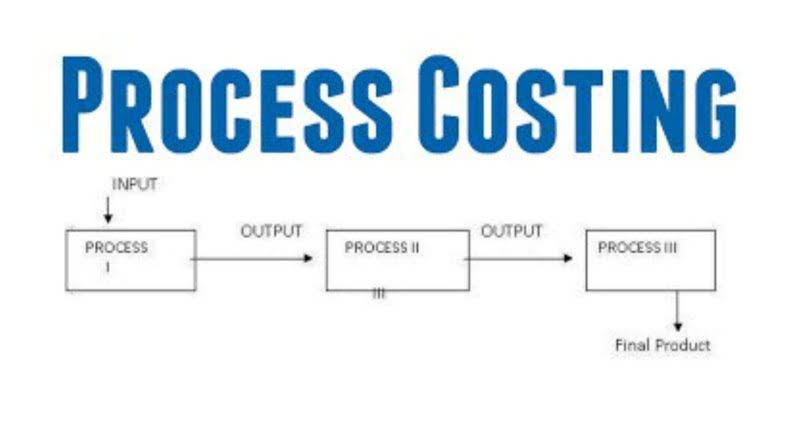GE Pension Threats Show Peril of Transfers to Insurers, Spinoffs
Zakłady Bukmacherskie Legalny Polski Bukmacher Onlin
March 2, 2023Bezpieczna Platforma Zakładów Sportowyc
March 12, 2023
If you have formed an LLC, you can elect C-corp taxation by filing IRS Form 8832. There are significant disadvantages to creating a corporation regarding the amount of complexity involved. It requires a great deal more paperwork, meeting many more guidelines, electing a board of directors, adopting bylaws, having annual meetings, and creating formal financial statements. They generally have more burdensome record-keeping requirements than LLCs. Corporations offer more flexibility when it comes to their excess profits. Whereas all income in an LLC flows through to the members, an S corporation is allowed to pass income and losses to its shareholders, who report taxes on an individual tax return at ordinary levels.
Accounting for Interest Payable: Definition, Journal Entries, Example, and More

To be eligible for S corp. taxation, a corporation must have 100 or fewer shareholders and meet additional ownership requirements. The legal structure of your corporation and the benefits you receive from it will depend on the specific setup of your business. A corporation is a separate legal entity from its owners and offers liability protection for each owner’s personal assets. Corporations are generally governed by a board of directors elected by the shareholders. A limited liability company balances the relative ease and flexibility of a partnership or sole proprietorship structure with the increased risk protection of a corporate structure.
Building Better Businesses

While LLCs can choose to be taxed as a corporation, the taxation allowance does not change the innate business structure. When you start a new business, one of the first questions that comes up is your business structure. Two of the most common types of business structures are LLCs and corporations. While many small businesses start out as LLCs, there are some situations where a corporation can make sense — either at formation or further down the line. Though similar in many ways, LLCs and corporations have quite a few distinctions that bring both advantages and disadvantages to each.
- The answer depends on the kind of business you have, your income, your goals and your business’s ownership structure.
- Sometimes this issue occurs because of the presence of fractional equity shareholders, but it usually happens when there isn’t enough personal accountability built into the system.
- Once incorporated, a business must operate in accordance to its bylaws and articles of incorporation.
- Should you choose another entity, your entity formation process will differ from the incorporation process.
- It may still be difficult for new partnerships to find agreeable partners that share the same objectives and goals.
Complete Additional Requirements
Similarly, there are several different stages that the initial owners of a corporation must go through to form a corporation. Corporations can also be disadvantageous as a form of business. These disadvantages may apply to both the shareholders and the corporations. In most cases, the shareholders of corporations will be different from their management. This can be advantageous for both the shareholders and the corporations. For shareholders, it means that they do not need to have any technical skill or knowledge to become owners of a business.
Differences Between LLCs and Corporations
Check out this article to learn more about the many requirements for starting a business. This means the owners aren’t personally liable for business debts or lawsuits against the business. Business owners do, however, remain liable for their own negligence and for any obligations describe some of the advantages of forming a business as a corporation. on which they’ve signed a personal guarantee. Both a limited liability company (LLC) and a corporation are structures that offer similar legal advantages to their owners. For example, owners cannot be held liable for the debts of either a corporation or, for the most part, an LLC.
A general partnership leaves you open to personal liability for business debts or business lawsuits. Limited personal liability is available to limited partners in an LP and to all partners in an LLP, but those aren’t suitable arrangements for all types of businesses. The key difference among these three types of partnerships is the extent of personal liability for business debts. In a general partnership, co-owners are personally responsible for business debts. In an LP or LLP, co-owners are shielded from personal liability.

C-Corp Vs. S-Corp: Which Business Structure Is Right For You?
Once these businesses grow, the owner may bring in other partners to join the company. This being said, before finally settling on a S-corp or C-corp structure, you may also want to consider other types of business entities. In particular, LLCs are a very small business-friendly type of ownership structure. LLCs offer limited liability and less burdensome paperwork and regulatory requirements than corporations. A C corporation is taxed at the corporate level, separately from its owners, through a corporate income tax.

Open Own Business VS. Going Back to Work for Corporate – What’s Your Experience?
- We collaborate with business-to-business vendors, connecting them with potential buyers.
- As a legal entity, a corporation is distinct from its shareholders, and shareholders enjoy the same personal liability protection that members of an LLC receive.
- Once a corporation is taxed, it can distribute any earnings to its shareholders in the form of dividends.
- Limited partners invest money in the business but don’t take part in day-to-day decisions.
- Most small business owners use an online legal service like LegalZoom or hire a business attorney to help them comply with corporate formalities.
